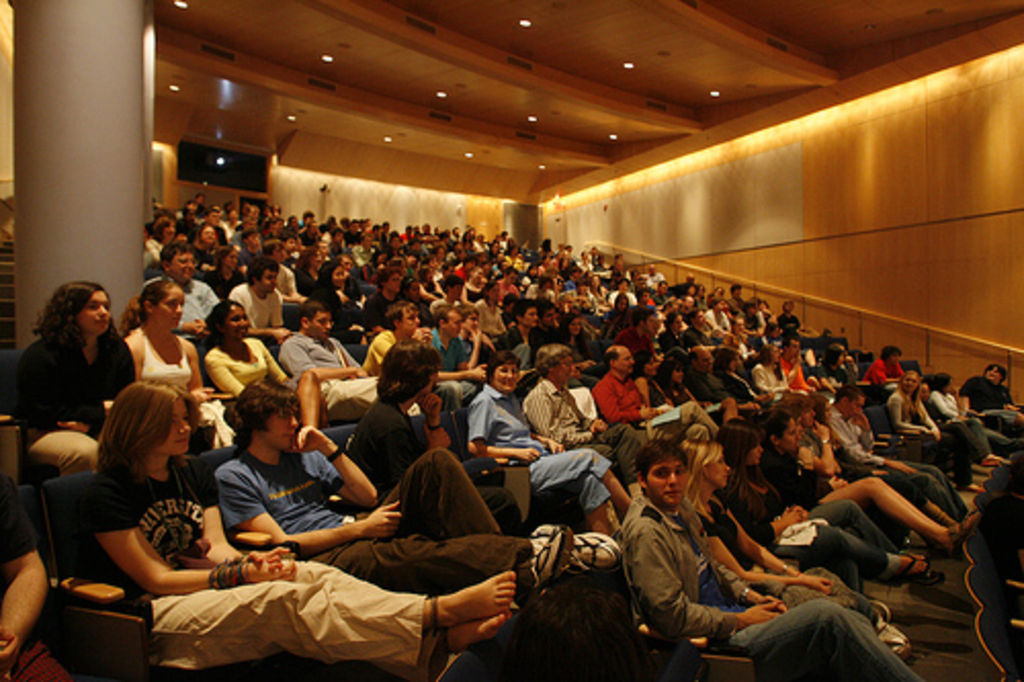Works Cited/Works Consulted
Axtell, James. "What's Wrong--and Right--with American Higher Education?" The Virginia Quarterly Review 79.2 (2003): 189-208. Print.
Berg Dale, Stacey, and Alan B. Krueger. Estimating the Payoff To Attending A More Selective College. NBER Working Paper Series. National Bureau of Economic Research, Aug. 1999. Web.
Burten, Kathy L., and Victor M. Borden. The Impact of Class Size on Student Performance in Introductory Courses. Rep. Indianapolis: Indiana University, 1999. Print. AIR Forum.
Goethals, George R., and Cynthia McPherson Frantz. Subsidy Shock. Subsidy Shock: Reshaping Judgments of College Sticker Prices. Williams Project on the Economics of Higher Education, Nov. 1996. Web. Nov. 1996.
Hill, Kent, Dennis Hoffman, and Tom R. Rex. The Value of Higher Education: Individual and Societal Benefits (With Special Conserderation for the State of Arizona)io. Arizona State University, Oct. 2005. Web.
Ikenberry, Stanley O., and Terry W. Hartle. Too Little Knowledge Is a Dangerous Thing: What the Public Thinks and Knows about Paying for College. Washington, D.C.: American Council on Education, 1998. 3-64. Print.
Kokkelenberg, E. C., Michael Dillon, and Sean M. Christy. The Effects of Class Size on Student Grades at a Public University. Rep. Ithaca: Cornell Higher Education Research Institute, 2006. Print.
"Official College Planning Tools | Research Colleges and Universities Online." College
Admissions Requirements. College Board, 2010. Web. 21 Apr. 2010.
"Office of Admission." Yale University. President and Fellows of
Yale University, Web. 19 Feb 2010.
<http://www.yale.edu/admit/visit/facts.html>
Parmar, Neil. "Why the Ivies Aren't Worth It?."SmartMoney.com Jan 2009: n. pag. Web. 19 Feb
2010.
West Virginia University - Tuition." West Virginia University - Undergraduate Admissions. 2005. Web. 21 Apr. 2010.
Winston, Gordon C. "Grow" the College?: Why Bigger May Be Far From Better. Williams Projects on the Economics of Higher Education. Williams College, Oct. 2001. Web.
Winston, Gordon C. Economic Stratification and Hierarchy Among U.S. Colleges and Universities. Williams Projects on the Economics of Higher Education. Williams College, Nov. 2000. Web.

